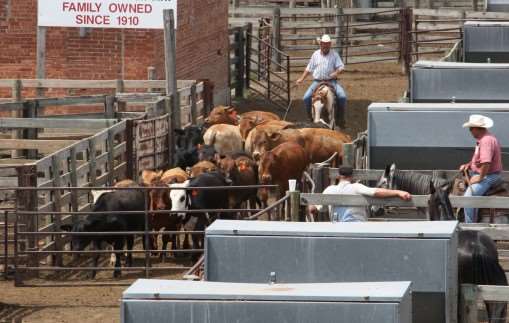
Live cattle and especially feeder cattle futures are less useful today than ever before. At least that seems to be an opinion expressed by many within the cattle industry. Don Close, vice president of Food and Agribusiness Research and Advisory, Animal Protein at Rabo AgriFinance, believes however this reaction may be a little shortsighted, contributing recent market volatility to several factors.
“We just have to keep in mind, we’ve got a market that is going through an extremely radical transition from all-time record high prices in late 2014-2015 to where we’re at today,” Close said.
In hindsight, Close affirmed that the market became overvalued at $1.70 fat steers, which he said without doubt, drove consumers away. He believes some of the volatility being observed is the market over-responding to the current downside.
Efforts continue to be made to find possible solutions. According to Close, the Chicago Mercantile Exchange (CME) has said it plans to implement what he calls the “circuit breaker” concept, in hopes it will curb some of the instability. He says that currently, market volatility is simply unmanageable and until more progress is made, there will continue to be worries over high volume trade. The CME group has been proactive in coming to Cattle Industry meetings in 2016- and recently offered an update on the market volatility- click here to read more on what they say is being done to address the concerns of the beef cattle industry.
“We have rule and functionality issues within the contract,” Close said, “but at the same time we’ve got a market that’s in transition.”
Click here to see more...